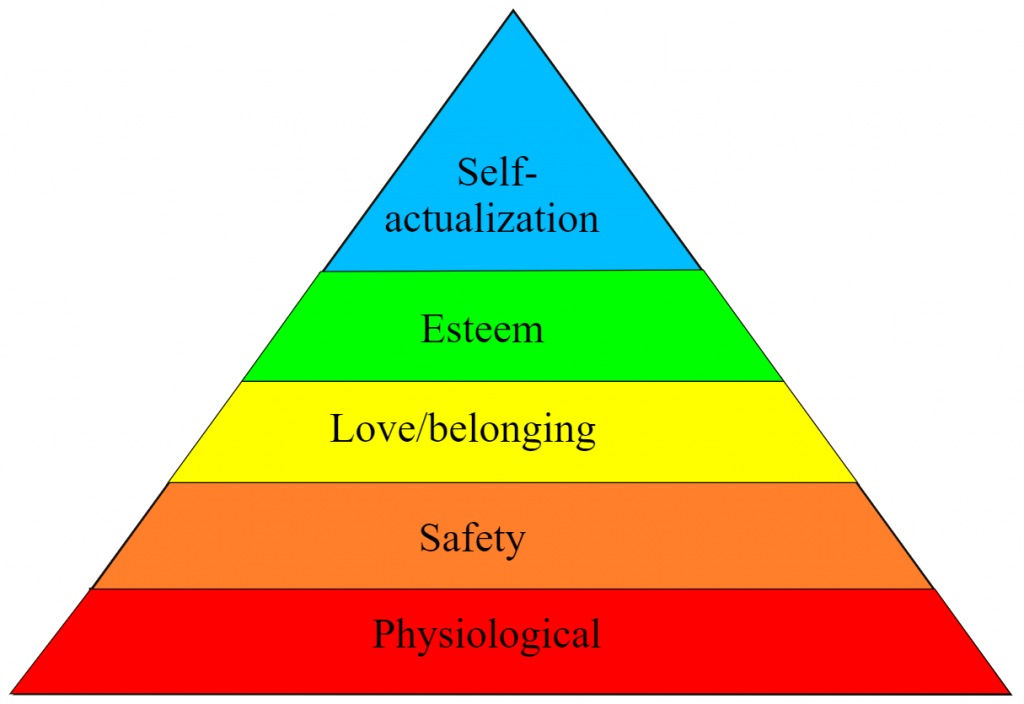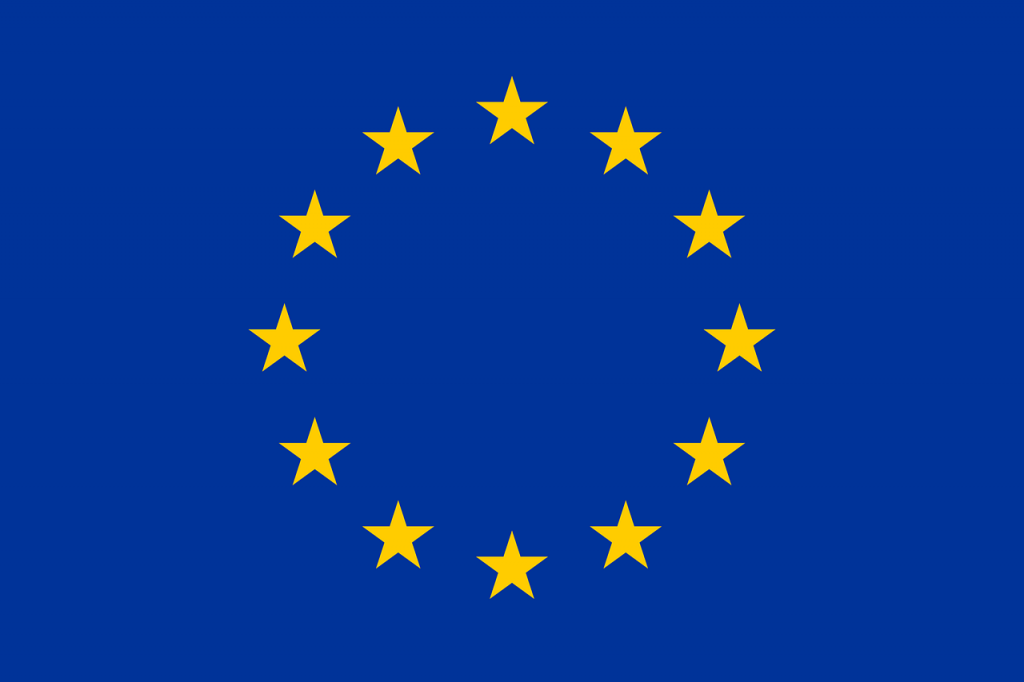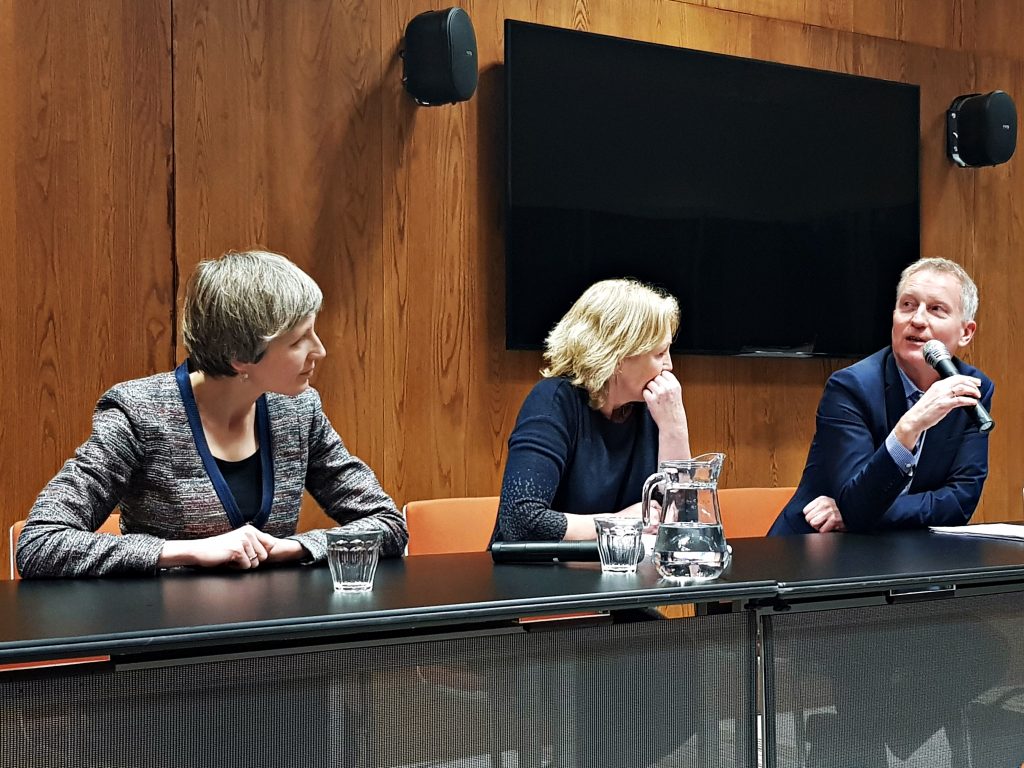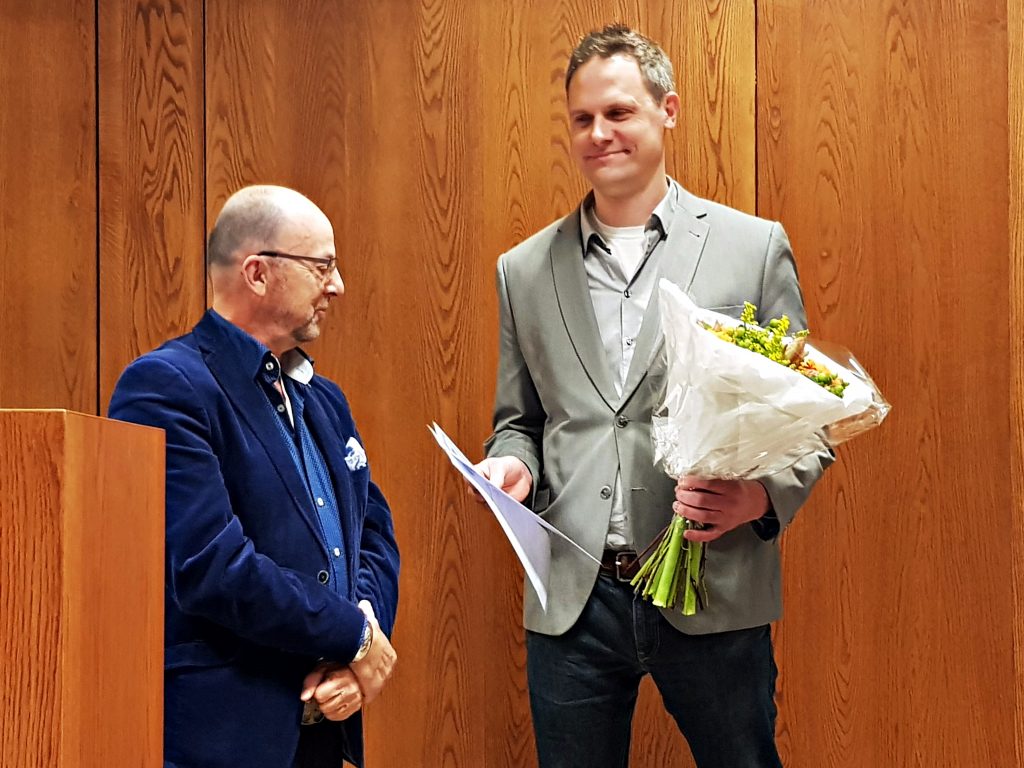Values in Times of #Covid-19
“Never let a good crisis go to waste” is a quote presumably attributed to Winston Churchill. Current events related to the covid-19 pandemic are affecting all us of deeply. For social scientists, this event also creates an opportunity to gain insights into values change or stability. From the literature, we can expect that when confronted with uncertainty, progressive values make way for more conservatives ones. Yet, given the fact that current pandemic is unprecedented, no clear research outcomes exist.

Therefore, we are extremely thankful that the Netherlands Organization for Scientific Research (NWO) has awarded our European Values Study Netherlands research group at Tilburg University a grant to field a follow-up of the 2017 data collection, as integrated in CentERdata‘s LISS-Panel. Currently, we are finalizing the questionnaire to be sure that we can in the field at the beginning of May, with a second follow-up in October.
The results of the study will first and foremost be used to contribute to public debates, precisely because some futurologists predict that the world after covid-19 might look completely different. If that’s the case, it would mean that public opinion support such change, which needs to be seen. Evidently, the data will also be used for scientific studies. First reflections on values during and after the coronacrisis are articulated in a webinar by Haagse Beek. The PowerPoint presentation that supported this presentation (unfortunately in Dutch) can be retrieved from SlideShare.









